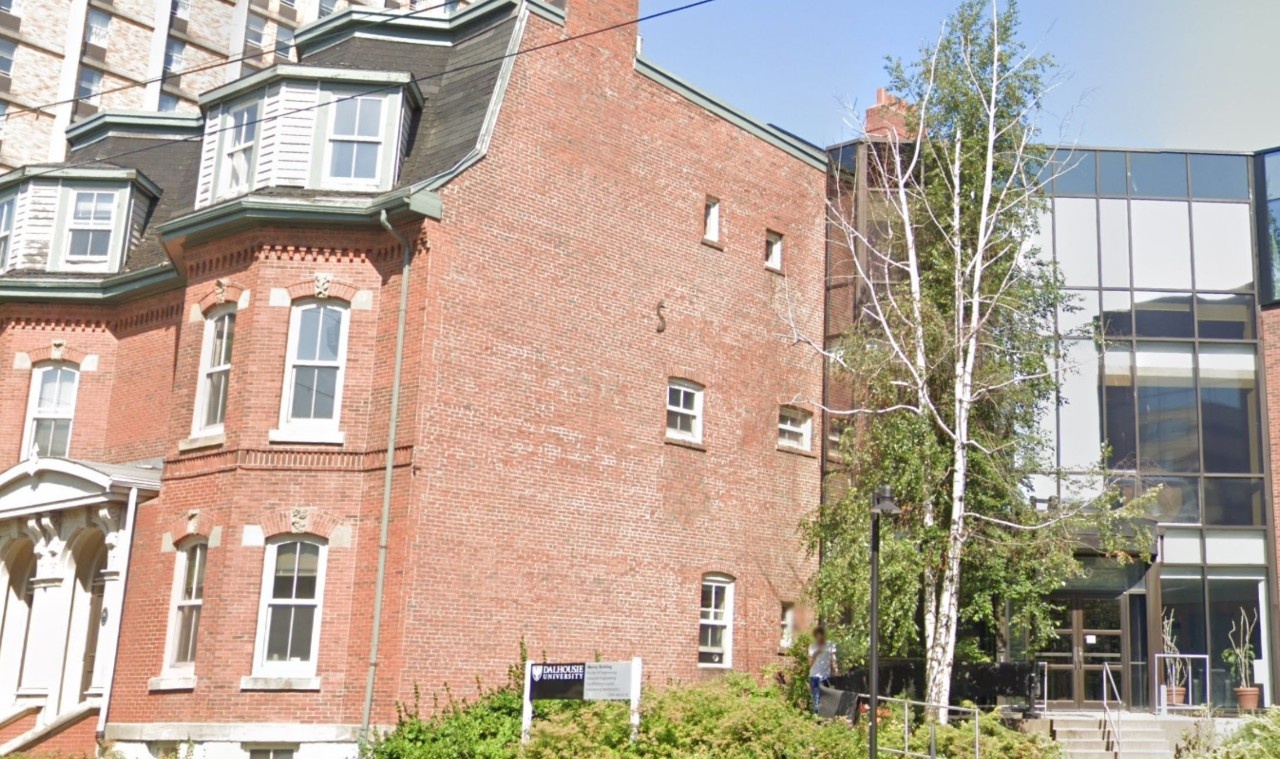Dr. Sadan Kulturel‑Konak
𝗘𝗻𝗵𝗮𝗻𝗰𝗶𝗻𝗴 𝗡𝘂𝘁𝗿𝗶𝘁𝗶𝗼𝗻𝗮𝗹 𝗪𝗲𝗹𝗹-𝗕𝗲𝗶𝗻𝗴 𝗮𝗻𝗱 𝗔𝘂𝘁𝗼𝗻𝗼𝗺𝘆 𝗶𝗻 𝗔𝘀𝘀𝗶𝘀𝘁𝗲𝗱 𝗟𝗶𝘃𝗶𝗻𝗴 𝗙𝗮𝗰𝗶𝗹𝗶𝘁𝗶𝗲𝘀: 𝗔 𝗗𝗮𝘁𝗮-𝗗𝗿𝗶𝘃𝗲𝗻 𝗔𝗽𝗽𝗿𝗼𝗮𝗰𝗵 𝘁𝗼 𝗠𝗲𝗻𝘂 𝗗𝗲𝘀𝗶𝗴𝗻
Pennsylvania State University- Penn State Berks
Date: September 26, 2024
Time: 10:00-11:00 AM
Venue: "I" Building, Room 120, Sexton Campus
Online:
Meeting ID: 272 864 343 529
Passcode: zzR7sT
Abstract:
In response to the growing need for healthier, more personalized meal plans in assisted living facilities, we present a menu design framework to improve nutritional outcomes and resident autonomy. This approach balances competing objectives by considering guidelines from the United States Department of Agriculture (USDA) while also accounting for chefs’ expertise, dietary diversity, resident preferences, and cost constraints. We involve stakeholders such as facility managers, chefs, dietitians, and residents to create a practical model aligned with real-world operations and societal needs. Using Mixed Integer Linear Programming (MILP), we model this complex decision-making process, supported by clustering and principal component analysis, to capture and reflect diverse dietary patterns across resident populations. This approach uniquely integrates healthy eating guidelines (HEG) with the preferences of chefs and residents, aiming to ensure both nutritional value and meaningful choices for seniors. In two use-case scenarios involving over 300 menu items and three distinct diet profiles, our model is evaluated on preference satisfaction, adherence to dietary guidelines, and cost efficiency. Additionally, by incorporating data on residents' meal selection behaviors, we propose strategies that can improve long-term adoption and enhance the sense of autonomy in seniors, contributing to a higher quality of life in assisted living settings.
Speaker Biography:
Sadan Kulturel‐Konak is a Professor of Management Information Systems and the Director of the Flemming Creativity, Entrepreneurship, and Economic Development (CEED) Center at Penn State Berks. Dr. Kulturel also has a courtesy appointment at Penn State Harold and Inge Marcus Department of Industrial and Manufacturing Engineering. She received her Ph.D. in Industrial and Systems Engineering from Auburn University. Dr. Kulturel’s research focuses on modeling and optimizing complex systems using hybrid approaches combining heuristic methods and exact techniques from probability and operations research. The primary application areas of her research include designing and redesigning facilities to provide significant economic benefits for US firms. Dr. Kulturel is also interested in pedagogical research regarding entrepreneurship/STEM fields, such as professional skill development, innovative thinking skills, and gender differences in learning styles. She served as the elected president of INFORMS-Women in OR/MS (WORMS), the elected chair of INFORMS- Facility Logistics Special Interest Group, and the chair of the ASEE Middle Atlantic Section. She is currently an academic member of the College Industry Council on Material Handling Education (CICMHE). She is an Associate Editor of the Engineering Applications of Artificial Intelligence (Elsevier). She has been a principal investigator in several sponsored projects from the National Science Foundation (NSF) and VentureWell. She is a member of INFORMS, IEEE, and ASEE.
Industrial Engineering seminar series contact person:
Prof. Hamid Afshari
email: Hamid.Afshari@dal.ca
General Enquiry:
Ms. Susan Russell McGrath
Tel: 902.494.3125
email: iegrad@dal.ca
